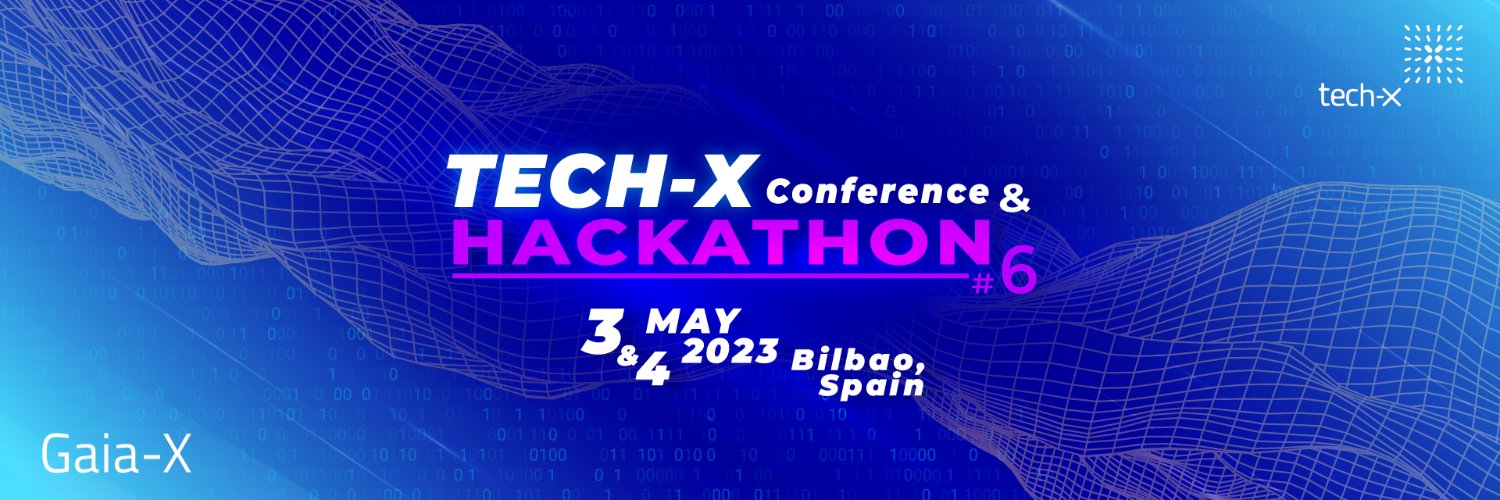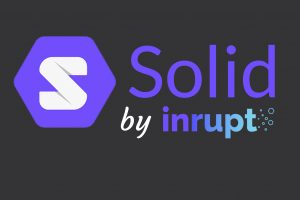Gaia-X Hackathon #6 was an on-site event, co-located with the Tech-X conference – the first conference dedicated to the technologies used to make the Gaia-X mission a reality. As with previous events, this was a hands-on coding event, with mixed teams from different countries, companies and backgrounds, focused on real-world, end-to-end scenarios leveraging the Gaia-X open-source software and trust framework. Benoit Alessandroni, cTO of Startin’blox, participates to the hackathon.
Can you tell us about your role within Startin’blox and how it relates to your participation in the Gaia-X Tech-X Hackathon event?
As the CTO of Startin’blox, I am responsible for managing the technical team, the innovation and projects technical roadmaps, and monitoring tech news and progress in international standards: It thus felt important for me to participate inthis event. I participated in one Hackaton team, and we won the first prize!
Can you tell us about the main innovation trends that emerged from the Tech-x event organized by Gaia-X?
In my opinion, it particularly confirmed the importance of three standards for the DataSpace movement:
- RDF and Linked Data in general, as a standard for data structure, enabling a data-exchange protocol level interoperability
- DIDs (decentralized identifiers) to avoid the need for a single point of truth regarding the identity of stakeholders in any dataspaces but still being able to validate everybody identity, hence enabling a trust framework
- Verifiable Credentials, as a standard mechanism to actually validate the origin and the credibility of exchanged credentials/identities, enforcing the trust on a technical level
What were the most interesting discoveries you made during the event in terms of potential partners to form consortiums or become service providers for existing consortiums?
On that one I am going to agree with Alex, when he states that the Ffrench entrepreneurs present there were our best encounters. We had interesting discussions with Arnaud from Cleyrop and Quentin from CleverCloud. CleverCloud being a cloud/hosting french provider having better support of some edge technologies than our current hosting provider, I can see some opportunities to work with them in the future on specific projects.
I also met different services providers teams like Vereign and Smartsense which could be helpful in supporting the integration of DIDs/VC standards in our stack when we start the project.
You mentioned the possibility of integrating DID and Verifiable Credentials standards into our tech stack. Did you have the opportunity to explore these topics further during the event?
I was primarily interested in understanding those two standards more in depth on a technical point of view and that goal was reached. Regarding the actual integration in our stacks, I acquired a better idea together with some how-to. plan to document what I learnt to exploit it when we decide to invest on this topic.
Did you make any interesting discoveries or meet anyone who could lead to future collaborations in the Solid technology field or other domains?
Not directly, but this event reinforced our conviction that the concrete applications that users will need to execute on the shared datasets are out of scope of the GAIA-X specifications for now: this is the part where the Solid standards in general could shine. So it may still be a bit early but we are sure that the collaborations will emerge from our will to bring applications as first-class citizens to the data-space ecosystem.
What are the next objectives for the tech team in terms of evolving our framework after this event? What insights did you gain from the event to improve our service offering?
We are still lacking some investment capacities so those topics are not short-term yet, but we definitely need to at least specify or start working on integrating native support for DIDs and VC to the framework, on both the client and server side.
We also need to build a convincing demonstration where applications are easily deployed and run on top of the data-exchange capabilities already provided by the current state of the GAIA-X standards.



